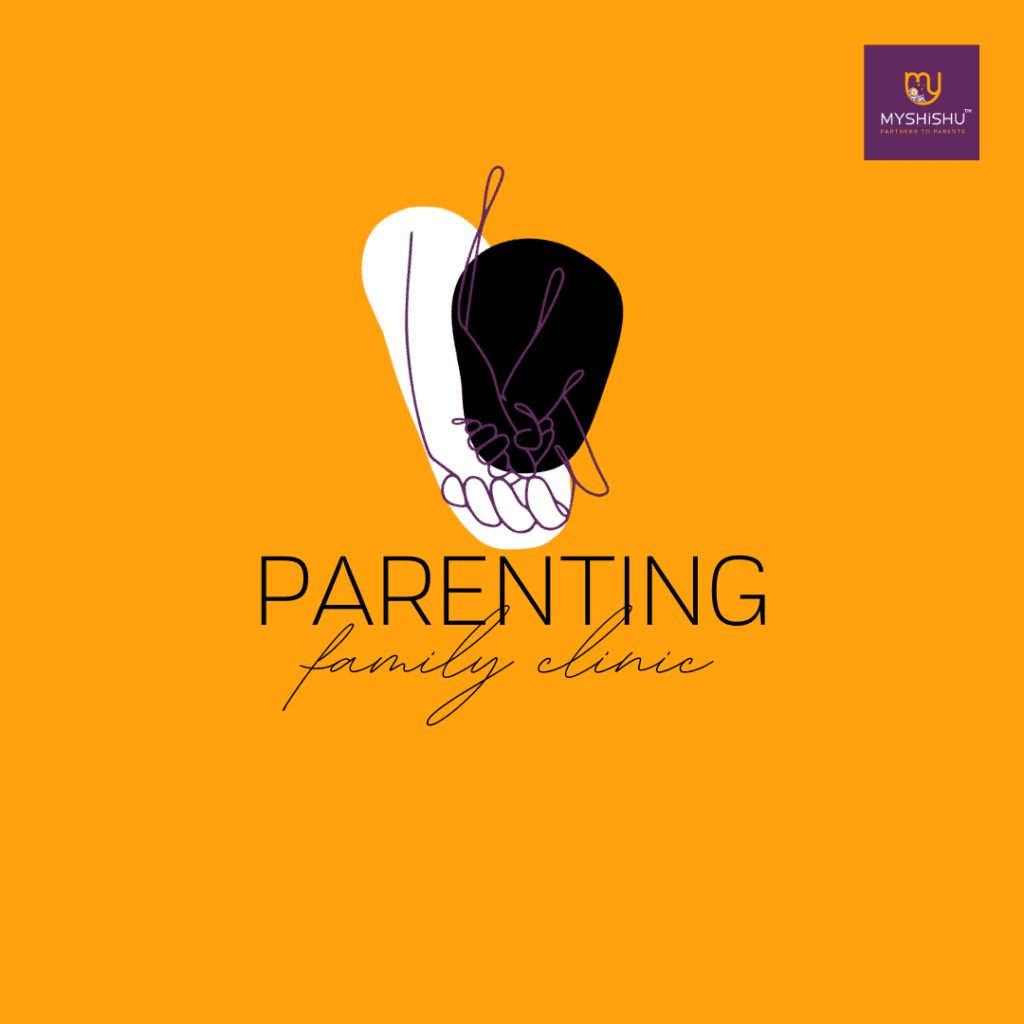What does Foster Parenting pay?
What does Foster Parenting pay?
Foster parenting is a selfless and rewarding journey that brings children in need into a loving and stable environment. While the emotional rewards of fostering are immeasurable, many potential foster parents often have questions about the financial aspects of this vital role. In this blog, “What does Foster Parenting pay?” we’ll delve into the various components of foster parenting pay, what factors influence compensation, and share important insights into foster parent income. MyShishu is here to guide you through the complex world of foster parenting finances.
Table of Contents
- Understanding Foster Parent Compensation:
- Factors Affecting Foster Parent Payment Rates:
- What does Foster Parenting pay:
- Challenges and Considerations in Foster Parent Pay: What does Foster Parenting pay?
- Conclusion: What does Foster Parenting pay?
- Quiz Time – Test Your Knowledge: What does Foster Parenting pay
Understanding Foster Parent Compensation:
Foster parent compensation is designed to help cover the costs associated with caring for a foster child. It is important to note that foster parenting is not a traditional job with a fixed salary but a responsibility that comes with financial support to ensure the child’s well-being. Here’s a breakdown of the key elements:
- Reimbursement: Foster parents receive reimbursement payments for the actual expenses incurred while caring for the child. These expenses can include food, clothing, transportation, and other necessities. The reimbursement amount varies based on factors such as the child’s age, needs, and the type of foster care provided.
- Stipends: In addition to reimbursement, some foster parents may receive stipends to cover specific expenses related to the child’s care. Stipends can vary depending on the child’s needs and the type of care provided.
- Financial Support: Foster parents may also be eligible for various financial support programs, including grants, loans, and other resources that help cover additional expenses related to the child’s care, such as medical and dental costs.
Factors Affecting Foster Parent Payment Rates:
Foster parent compensation varies depending on several factors, including:

- Age: Foster parents often receive higher pay for caring for younger children, as they require more attention and supervision.
- Special Needs: Children with specific needs, such as medical or behavioral issues, may require extra care and attention, resulting in higher payment rates.
- Type of Care: Long-term care may result in higher payment rates than short-term or respite care. Foster parents who take in sibling groups or children with complex needs may also receive additional payment.
- Location: Payment rates can vary from state to state, with some states offering higher rates to attract more foster parents.
What does Foster Parenting pay:
What to Expect: The amount of compensation you receive as a foster parent can vary widely based on the agency, state, and type of foster care you provide. Generally, foster parents can expect to receive enough financial support to cover the basic needs of the foster child and to help offset out-of-pocket expenses incurred while caring for the child.
While foster parent compensation helps with financial stability, it is crucial to understand that it is not intended to be a primary source of income. Foster parenting is a fulfilling yet challenging role that requires a commitment to providing a safe and nurturing home for a child in need.
Challenges and Considerations in Foster Parent Pay: What does Foster Parenting pay?
Navigating the foster parenting payment system can be complex. Some challenges and considerations include:
- Variability: Payment rates can vary, making it challenging for foster parents to plan their finances.
- Delays: Bureaucratic processes and administrative hurdles can cause payment delays, impacting financial stability.
- Advocacy: Effectively advocating for fair compensation can be challenging due to the complexity of the system. Foster parents should seek resources and support to navigate these challenges.
Conclusion: What does Foster Parenting pay?
While foster parenting pay is a crucial aspect, it is vital to remember that the impact of foster parenting goes far beyond money. By providing a loving home for a child in need, you have the opportunity to make a profound difference in their life. Foster parenting is a journey that encompasses financial support, emotional rewards, and social benefits.
We hope this guide has provided valuable insights into foster parent compensation. As you explore the world of foster parenting, remember that your support plays a vital role in ensuring the well-being and future of these deserving children.
Quiz Time – Test Your Knowledge: What does Foster Parenting pay
- What is one of the factors that can affect foster parent payment rates?
- a) The type of clothing the child needs
- b) The color of the child’s hair
- c) The child’s age
- d) The foster parent’s favorite food
- What is the primary source of income for foster parents?
- a) Salary
- b) Reimbursement payments
- c) Child support
- d) Social security
Answers:
- c) The child’s age
- b) Reimbursement payments
Celebrate each step of your child’s journey and remember that parenting is an ever-evolving adventure. Stay tuned for more insightful blogs from MyShishu!
Explore our range of courses on new-age parenting at New-Age Parenting | Modern Parenting Styles | MYSHISHU.
For additional parenting insights and valuable information, check out our blog “Cry, Feeding and Weaning of Newborn Baby” at Cry, Feeding and Weaning of Newborn Baby – My Shishu.
Hope you’ve enjoyed the blog “What does Foster Parenting pay?”. Happy Parenting!











